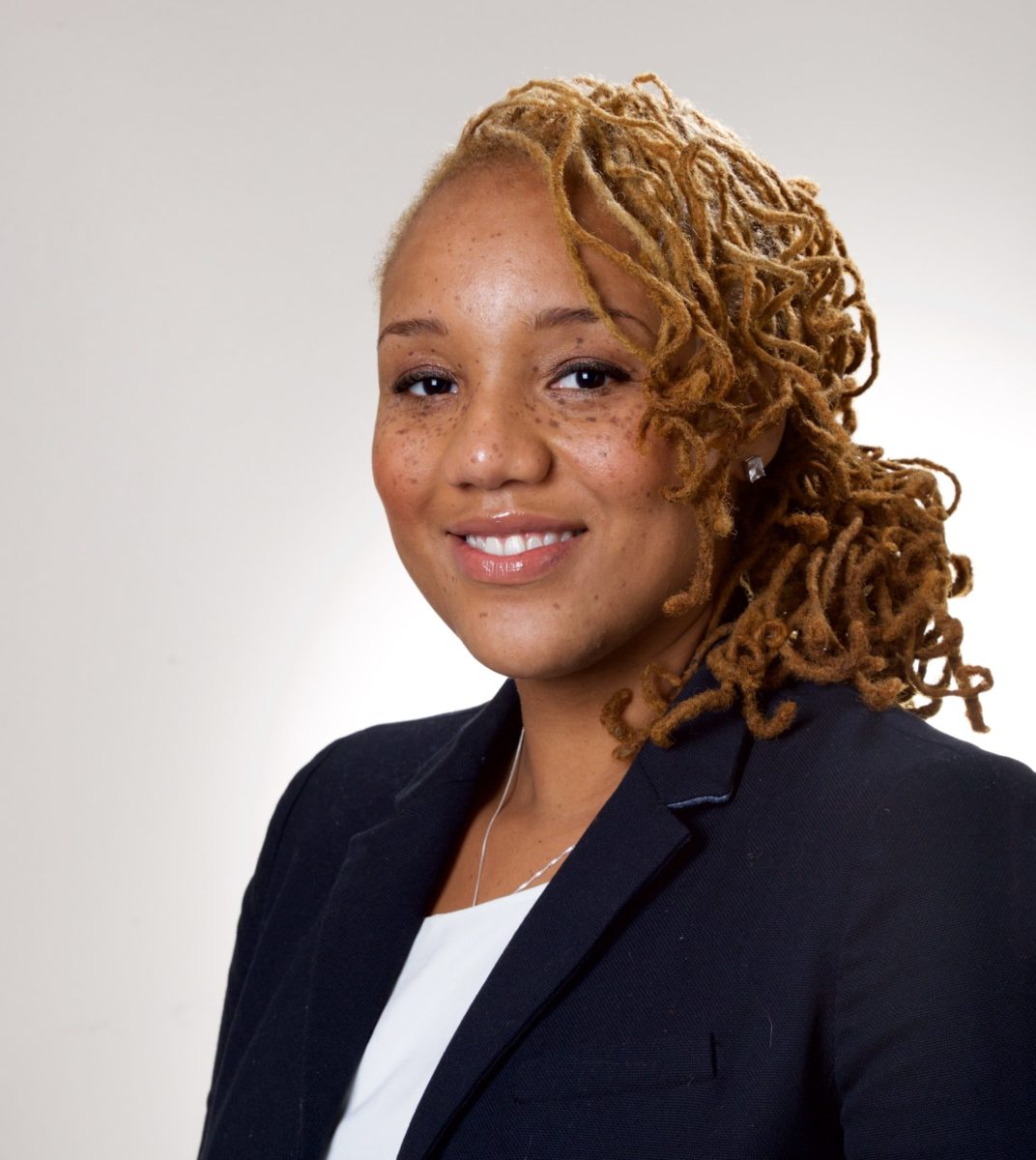It’s time to start calling out the systems that lead to need for nonprofit programs
 October 26, 2020
Category: Featured, Medium, Purpose
October 26, 2020
Category: Featured, Medium, Purpose
Disclosures
This guest column was written by Tia Burroughs, a consultant for the RISE Partnership.Not long ago I chatted on the phone with a friend of mine that works at an evaluation firm. We were checking in with each other in light of the fact that so much was going on in the country. Protests against police brutality, counterprotest from self-proclaimed white supremacy groups, layoffs signaling a looming recession, and a pandemic had us both feeling like the sky was falling.
And with everything going on, we both admitted that it was hard to concentrate on work. My friend started to question the value of the type of work she does. “With everything that is going on,” she said, “It makes me wonder; what does my work mean? Am I making a difference? It seems so unimportant now.”
My friend was not saying that evaluation is not important; she was questioning where her work as an evaluator fits into an overall need for a strategy to make our society more racially equitable and just.
The current social climate in our country presents an opportunity for all of us to step up as leaders and speak out, no matter what our profession. This need has inspired me to think about what I can do to promote change while working in the evaluation field.
There are so many inequities in our country. These inequities start while babies are in their mothers’ womb and continue throughout their life and then are passed onto the next generation.
At this point in my career I have been in countless professional development sessions and meetings where we talk about equitable evaluation, but very rarely have I been to sessions that have dissected the reasons why we need equity.
I’m sure many folks will just say it is “just the right thing to do.” But failing to discuss the reasons why we need equity is not helpful. It ignores the history of Black people being systemically excluded from positions of power. It ignores how Black people were excluded from opportunities to buy houses and live in neighborhoods where the property values brought in enough tax revenue to properly fund schools. In short, it leaves people with the opportunity to attribute inequality to reasons that do not fully respect the humanity of African Americans.
This brings me to my second point. Every once in a while, I recall a conversation I had with a program officer at a small foundation. He told me about a comment made by a board member of the foundation at which he worked. The board member said something to the effect of “If Black and Latinx people would just raise their children, we wouldn’t have to fund this work.”
All too often people decide that negative situations are the result of a moral deficit of a whole race, instead of a social phenomenon that can be traced back to imbalance of power and opportunity.
This program officer was not in a position where they could address this comment. However, we as evaluators are often sought after because we can bring knowledge and expertise to situations. We should leverage this opportunity by including history and context into evaluation.
A few years ago, a study found that nonprofit organizations with Black executive directors received less funding, particularly large federal grants, than white led nonprofit organizations. There are many reasons behind this, and there are funders that have started changing their application and review processes in order to make their grantmaking more equitable.
An insight that I have gleaned from my work is that many Black people who start nonprofit organizations do so because they saw a need in their communities and felt compelled to do something. Working directly with community members allows them to actually see change and inspires them to keep going. However, without specific evaluation measures in place, it is difficult to convince funders that a program or intervention is the cause of change.
While we advocate for funders to change their practices, we can also work to strengthen evaluation knowledge among Black program staff and executive directors.
This is just one of several things I enjoy about my work as a consultant with the RISE Partnership. Being able to help improve the knowledge of staff who are Black and/or work with Black communities is a way to help position them to receive more funding.
I believe it is time for evaluators to start calling out and naming more of the systems that lead to the need for social and nonprofit programs in the first place. However, I also believe that we cannot really do that until we start questioning ourselves, our motives for doing this work, and our own belief system.
Trending News










